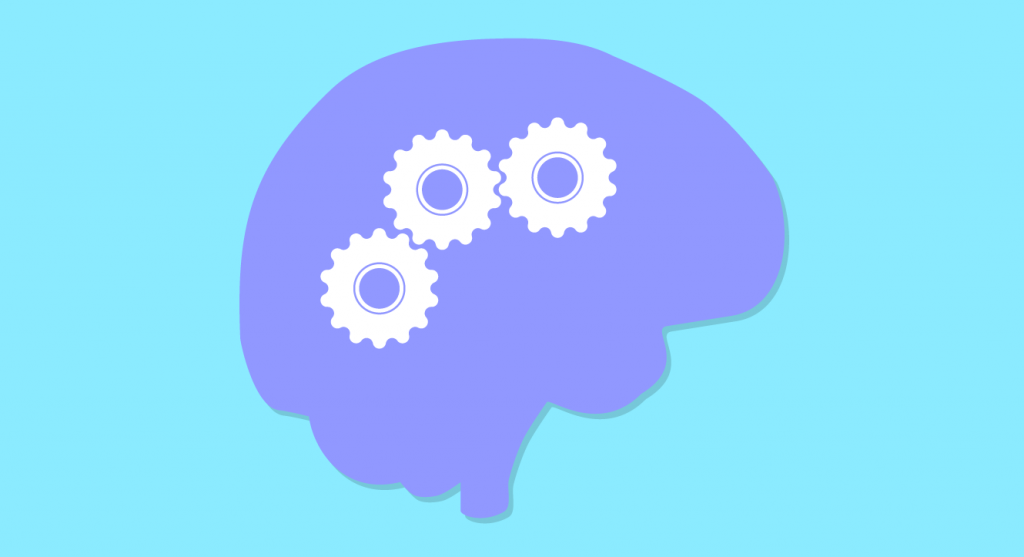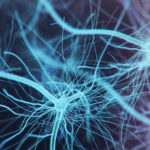Among those affected with fetal alcohol spectrum disorders (FASD), cognitive deficits are common, generally the result of prenatal exposure to harmful substances. New research finds that motor skill deficits, hallmark of FASD, could be effectively treated using the treatment Tamapin.
The findings, released in Nature Neuroscience, were determined by testing pre-clinical models of FASD, in which fetuses were subjected to alcohol exposure at the embryonic period in day 16 and 17.
When the pre-clinical models were examined nearly a month after birth, the research team at the Children’s National Research Institute found deficits associated with small and large-muscle motor skills.
The team also uncovered an expression of 93 genes, including one known as Kcnn2, involved in encoding a calcium-activated potassium channel. In the study, when administering the inhibitor drug Tamapin, abnormal firing patterns observed in the overexpression of cells associated with Kcnn2, were suddenly improved.
“We previously found that the acute molecular responses to alcohol in the embryonic brain are stochastic, varying among neural progenitor cells,” the study’s co-authors noted in the findings. “However, the pathophysiological consequences stemming from these heterogeneous responses remain unknown.”
“Here we show that acute responses to alcohol in progenitor cells altered gene expression in their descendant neurons. Among the altered genes, an increase of the calcium-activated potassium channel Kcnn2 in the motor cortex correlated with motor learning deficits in a mouse model of FASD,” the co-authors also stated.
“Pharmacologic blockade of Kcnn2 improves these learning deficits, suggesting Kcnn2 blockers as a new intervention for learning disabilities in FASD.”
Although the findings were the subject of experimentation on rodents, future testing of the drug in humans should be the next step to establishing its efficiency for patients with FASD.


